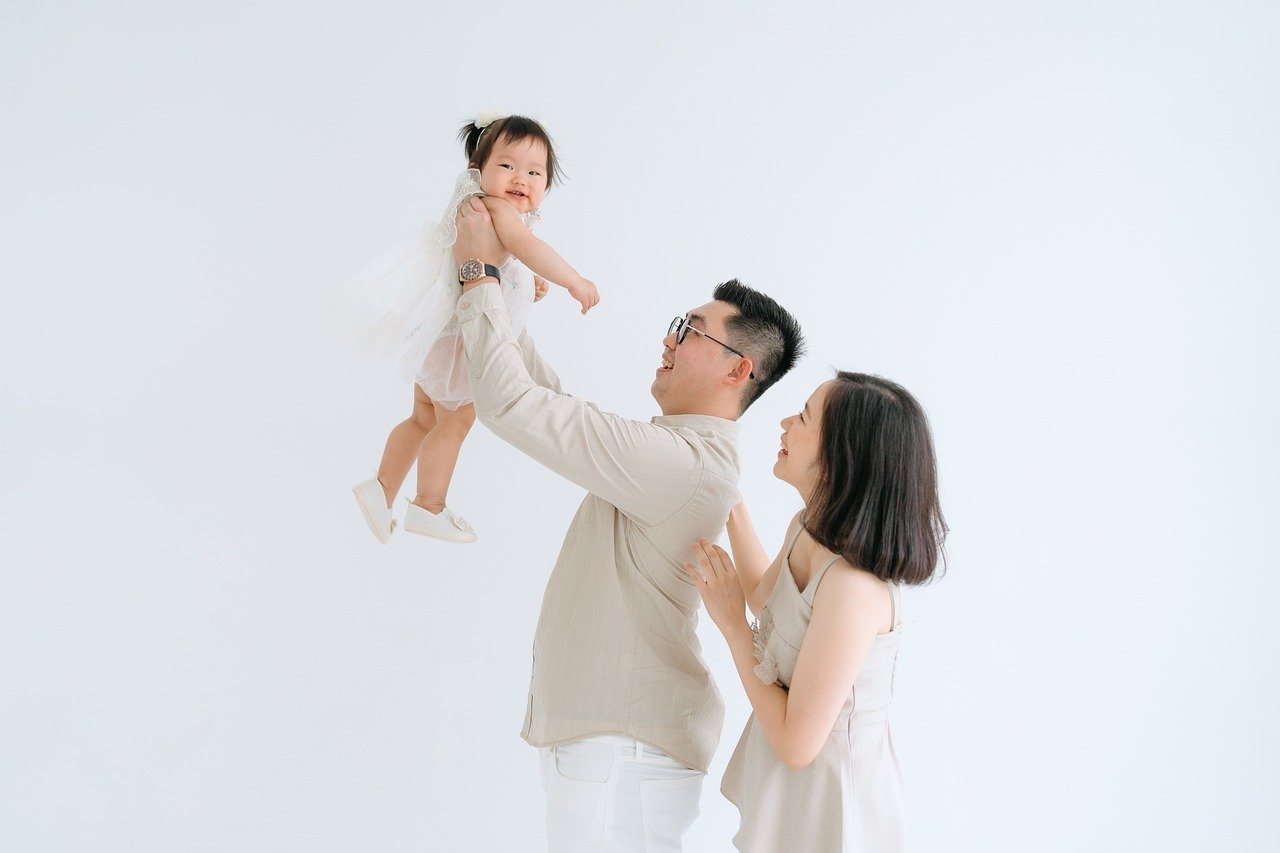In today’s fast-paced world, relationships face numerous challenges that can lead to misunderstandings, conflicts, and emotional distress. While love and commitment are crucial for any relationship, effective communication and conflict resolution are just as vital. This is where relationship counseling comes into play. Many individuals and couples seek guidance from professionals to navigate these complexities, emphasizing the importance of relationship counseling in maintaining healthy connections. This blog post delves deep into the world of relationship counseling, exploring its benefits, approaches, and practical strategies for success.
Understanding Relationship Counseling
Relationship counseling, often referred to as couples therapy, involves working with a trained therapist to address issues that affect the partnership. Here are key aspects to consider:
What is Relationship Counseling?
- It involves one or both partners meeting with a counselor to work through issues impacting their relationship.
- Counselors use various therapeutic techniques tailored to the couple’s specific needs.
- Sessions can focus on improving communication, resolving conflicts, and strengthening emotional bonds.
Common Issues Addressed in Counseling
Relationship counseling can be beneficial for a variety of issues, including:
- Communication breakdowns
- Infidelity
- Financial disagreements
- Differences in parenting styles
- Stress from external factors (e.g., work, health)
The Benefits of Relationship Counseling
Engaging in relationship counseling can lead to significant improvements in a couple’s dynamic. Some of the notable benefits include:
Improved Communication Skills
- Learning to express needs and feelings more effectively.
- Understanding non-verbal cues and body language.
- Developing active listening skills to foster empathy.
Conflict Resolution Strategies
Counselors equip couples with tools to resolve conflicts healthily:
- Identifying triggers and patterns that escalate disputes.
- Practicing negotiation and compromise techniques.
- Establishing rules for respectful disagreements.
Strengthened Emotional Connection
Through counseling, couples often find ways to reconnect:
- Engaging in shared activities that reinforce bonds.
- Practicing gratitude and appreciation regularly.
- Setting aside quality time to nurture the relationship.
Different Approaches to Relationship Counseling
Counseling methods can vary widely based on the therapist’s training and the couple’s unique challenges. Here are some prevalent approaches:
Cognitive Behavioral Therapy (CBT)
CBT focuses on identifying and changing negative thought patterns. Here are its benefits:
- Teaches couples to challenge unhelpful beliefs about each other.
- Encourages problem-solving and constructive interactions.
Emotionally Focused Therapy (EFT)
EFT is centered around understanding and improving emotional interactions:
- Helps couples identify underlying emotional issues.
- Encourages positive emotional expression.
Preparing for Relationship Counseling
The thought of therapy can be daunting. Consider these practical tips to prepare effectively:
Choosing the Right Counselor
- Research various therapists and read reviews.
- Look for credentials and specialization in relationship counseling.
- Schedule an initial consultation to gauge compatibility.
Setting Goals for Counseling
Establish clear goals to make the most of your counseling sessions:
- Identify specific issues you want to address.
- Create a shared vision of success in the relationship.
Actionable Takeaways for Couples
Relationship counseling can be a powerful tool for couples. Here are some actionable takeaways:
- Prioritize open and honest communication with your partner.
- Practice active listening during discussions.
- Be proactive in scheduling regular check-ins about your relationship.
- Consider therapy not as a last resort but as a proactive measure for relationship health.
Conclusion
Relationship counseling offers invaluable support for couples navigating the complexities of love and partnership. By seeking professional help, couples can enhance their communication, resolve conflicts, and strengthen their emotional bonds. As relationships evolve, ongoing effort and willingness to embrace change is key. Whether you’re experiencing turmoil or simply aiming to improve your connection, consider exploring the benefits of relationship counseling—it might be the transformative step your relationship needs.






